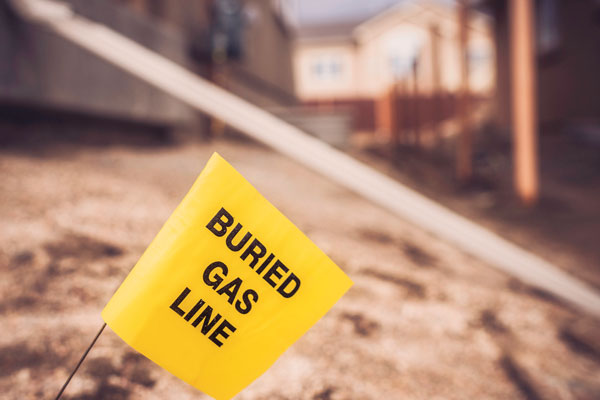Missouri court strikes down contractual indemnity in gas explosion
On Feb. 19, 2013, a natural gas line was accidentally struck during cross-directional boring for the installation of fiber-optic cables in downtown Kansas City, Missouri.
That gas line leak resulted in a large explosion in the city’s Country Club District. The explosion killed one person, injured 15 and completely destroyed a famous restaurant known as JJ’s.
Following the explosion, many lawsuits were filed. It is reported that more than $75 million was paid to resolve various claims.
Contractual indemnity case
Of interest here is a contractual indemnity dispute that arose between two of the defendants: the natural gas utility now known as Spire Missouri and the locating service it hired to locate its lines, USIC Locating Services.
Spire argued that USIC was responsible for any damages caused by Spire’s negligence, as well as USIC’s own negligence, based on the contractual language that USIC had to indemnify Spire regardless of its “own negligence or wrongdoing.”
The problem with this contractual provision, according to USIC, was a Missouri statute that prohibited contractual indemnity when the work involves construction activity. The reasoning appears to be that construction activity can be a dangerous activity with the potential for serious accidents – this case being such an example. As a result, Missouri prohibits anyone engaged in “public or private construction work” from “agreeing to indemnify or hold harmless” anyone else their “own negligence or wrongdoing.”
The primary issue between the parties that became the focal point of the court’s decision was: What is the definition or meaning of “construction work”? Spire argued that the task of marking the location of gas lines for others doing the excavation is not construction work: Marking alone does not make changes to the site, unlike construction work.
USIC asked the court to look at the definition of “construction work” under the statute. Legislatures don’t always define all of the important terms, but, here, they did make an effort. When the statute does not provide a definition, the court often looks to common definitions found in dictionaries or case law with similar fact patterns where the definition has been considered.
That statutory definition of construction work included “the … maintenance … of any pipeline.” And “maintenance” involves “the labor of keeping something in a state of repair or efficiency.”
The court determined that the act of marking and flagging gas lines is an effort to keep the gas lines “in a state of repair or efficiency.”
In this case, marking gas lines is done to prevent damage to the gas lines during cross-directional underground digging. Thus, the court concluded that USIC marking gas lines constituted maintenance, which, by statutory definition, is construction work.
Takeaways for propane
The importance of this case for the reader may vary. It is quite common to see an indemnity provision in contracts for a variety of items and services in the day-to-day business of a propane company or any company engaged in energy-related services or sales of products.
When indemnity is sought from your company or when you seek indemnity from another company for a third-party claim involving personal injury or death or property damage, keep this case in mind. The language of the contractual indemnity clause is always analyzed to determine if it provides clear notice of the obligation to indemnify. Most states require very specific language in the indemnity clause, as well as a certain size font or bold print, to be enforceable.
Missouri is certainly not alone when adopting statutes that prevent indemnification agreements. The scope of that limitation depends on the language of each statute, the statutory definition of key terms and the particular facts of each case.
Knowing these legal points can have a huge impact. USIC won this case and, accordingly, avoided financial payments in excess of $75 million.
John V. McCoy is with McCoy, Leavitt, Laskey LLC. His firm represents industry members nationally. He can be reached at jmccoy@MLLlaw.com or at 262-522-7007.

















